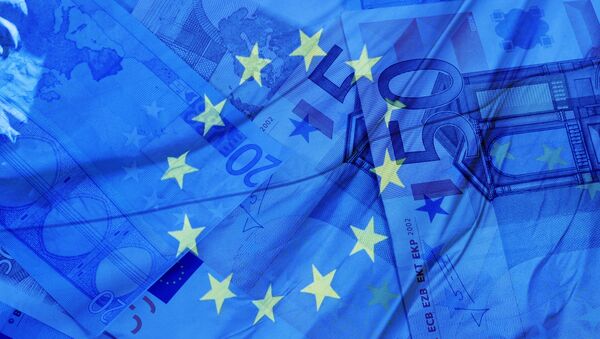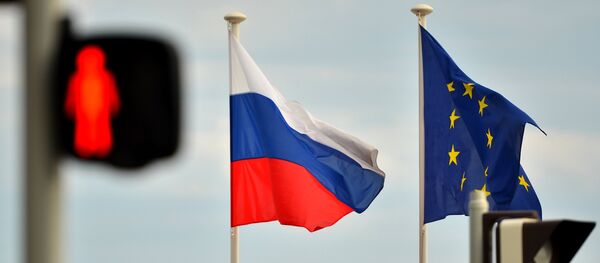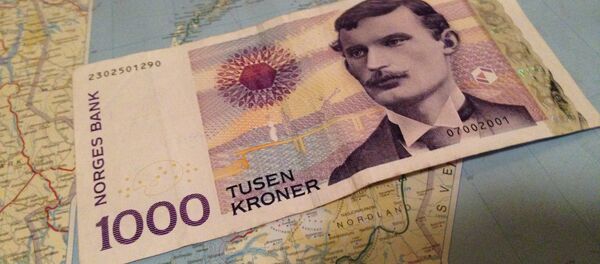"The losses of the EU member states [incurred by the anti-Russia sanctions] amounted to 5 billion euros [slightly over 6 billion dollars]. Norway, which is not a member of the European Union, estimates its losses at 1 billion euros [1.2 billion dollars]," Chernyshova said in an interview.
"We are continuing our inter-sector collaboration, including fisheries regulation, nuclear security cooperation, and we are getting ready for a tourism business forum, "she added.
The trade representative stressed that the anti-Russia sanctions had significantly affected cooperation in the energy sector, especially projects based in the Arctic. However, earlier in December, the CEOs of Russia's oil company Rosneft and Norway's state-owned energy giant Statoil agreed to maintain cooperation on projects in the Barents Sea and the Sea of Okhotsk.
Answering the question if an expected change in Statoil's leadership may affect the company's strategy toward cooperation with Rosneft, Chernyshova stressed that all the current agreements will remain in force.
Last month, Russian President Vladimir Putin said that Russia and Norway had good prospects in trade and expressed hope that the results of the joint work achieved in recent years would not be lost.
Norway was one of the countries that joined anti-Russia sanctions imposed over Moscow's alleged meddling in the Ukrainian conflict. One of the recent waves of sanctions specifically targeted the country's energy sector, prohibiting the export of goods, services and technologies for deep water, Arctic and shale oil exploration to Russia. In response, Moscow banned the import of certain Norwegian food products, including fish.



